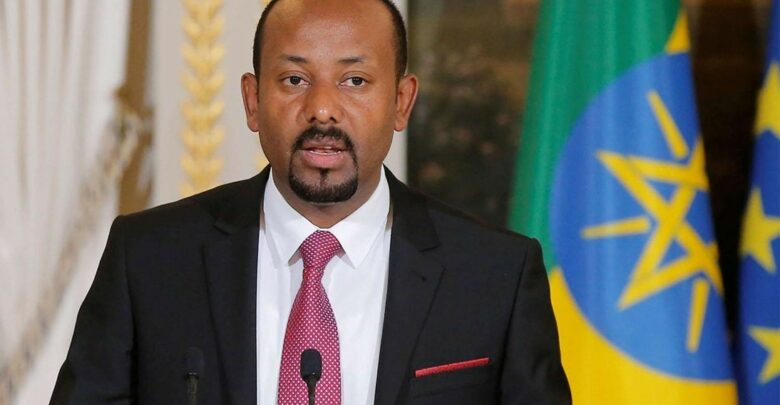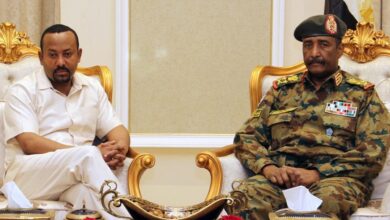Ethiopia
Ethiopian Government Declares State Of Emergency As TPLF Forces Threaten Capital

The Ethiopian government on Tuesday declared a nationwide state of emergency after Tigrayan rebel forces seized two crucial towns in an apparent push towards the capital Addis Ababa, reported Africa News.
In the last few days, the Tigray People’s Liberation Front (TPLF) was able to claim control of two key cities about 400 kilometers (250 miles) from Addis Ababa and did not rule out marching on the capital.
Ethiopia’s Council of Ministers said the Tigray forces and their allies pose a “grave and imminent danger” to the country’s existence.
The emergency declaration was the clearest sign of warning from the Ethiopian government of Prime Minister Abiy Ahmed, who had ordered soldiers to invade the Tigray region at the beginning of November last year to detain and disarm the TPLF, a move he said came in response to the group’s attacks on army camps.
Thousands of people have been killed and more than 2.5 million people have been forced to flee their homes since then. The conflict also led to gang rapes, mass expulsions, and deliberate starvation.
In June, the rebel forces had regained control over most of Tigray and launched offensives into the neighboring regions of Afar and Amhara.
On Sunday, Prime Minister Ahmed urged citizens to take up arms to defend themselves against the TPLF and stop them from further advancing.
Earlier on Tuesday, the Addis Ababa authorities had asked residents to register their arms and prepare to defend their neighborhoods.
The international community has also expressed concern about the expanding conflict. Several countries have reiterated calls for an immediate ceasefire to the war and called the African Union to broker peace talks between the warring Ethiopian parties.
Separately, the United States President Joe Biden said his government would remove Ethiopia from a vital trade pact over its failure to end the year-long war in the Tigray region that has led to the human rights violation.






